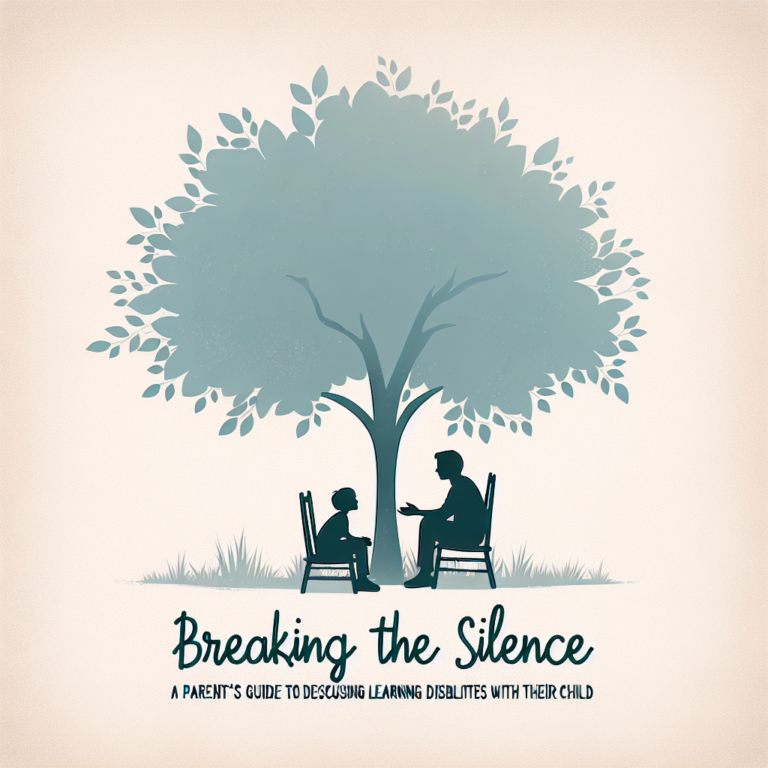
Navigating Emotional Minefields: Signs You’re Facing Manipulation – The Ultimate Guide to Understanding and Overcoming Emotional Manipulation
Introduction
In today’s fast-paced world, emotional manipulation can sometimes feel like an insidious undercurrent that affects our personal and professional relationships. Whether it’s a conversation with a partner, coworker, or friend, recognizing emotional minefields can empower you to reclaim control. So, how do you spot the signs of manipulation? In this ultimate guide on navigating emotional minefields: signs you’re facing manipulation, we’ll explore the subtle nuances of manipulation, providing vital tools and insights to help you advance towards healthier relationships.
Understanding Emotional Manipulation
What is Emotional Manipulation?
Emotional manipulation is a psychological strategy employed by someone to gain control or influence over another person’s thoughts, feelings, or behaviors. Through a variety of tactics—guilt-tripping, gaslighting, or passive-aggressive behavior—manipulators exploit vulnerability and emotion for their gain.
Why Does It Happen?
Understanding the motivations behind emotional manipulation can help you identify the signs more easily. Often, manipulative behavior stems from insecurity, fear of rejection, or even past trauma. Recognizing these underlying factors can provide valuable context, but it doesn’t excuse the behavior itself.
Signs You’re Facing Manipulation
1. Gaslighting
One of the most pervasive forms of emotional manipulation is gaslighting. This tactic involves making someone question their own reality or perceptions. If you find yourself frequently second-guessing your memories or feelings, it could be a red flag.
Example Case Study:
Anna and Mark’s Relationship
Anna feels increasingly confused after many conversations with her partner, Mark, where he denies events that she vividly remembers. After learning about gaslighting, Anna realizes she needs to set clear boundaries to protect her emotional well-being.
Analysis:
Anna’s situation illustrates how gaslighting can erode self-confidence and lead to emotional distress. Awareness of gaslighting is crucial for anyone navigating these emotional minefields.
2. Guilt-Tripping
Guilt is a powerful emotional tool, and manipulators often exploit it to assert control. If someone frequently makes you feel responsible for their happiness or sadness, you might be facing guilt-tripping.
Example Case Study:
Sarah’s Dilemma at Work
Sarah’s boss consistently pressures her to stay late, claiming that failing to do so reflects poorly on her dedication. Recognizing this pattern, Sarah decides to communicate openly about her boundaries regarding work hours.
Analysis:
This case highlights the importance of setting boundaries in professional settings to prevent emotional exploitation.
3. Passive-Aggressive Behavior
Passive-aggressiveness can indicate manipulative tendencies. If someone expresses resentment indirectly, this behavior can create an emotionally charged atmosphere.
Example Case Study:
Jake and Olivia’s Friendship
Jake notices that Olivia frequently makes sarcastic comments about his success. After researching passive-aggressive traits, he confronts her about how her remarks make him feel, leading to a healthier dialogue that repairs their friendship.
Analysis:
Recognizing passive-aggressive behavior is essential in navigating emotional minefields and ensures clearer communication.
Recognizing Patterns
The Emotional Manipulation Cycle
| Stage | Description |
|---|---|
| Buildup | Tension increases through manipulative tactics like guilt-tripping or gaslighting. |
| Explosion | An emotional outburst occurs (often the manipulator’s tactic). |
| Remorse | The manipulator may express regret but also make excuses. |
| Reassurance | Temporary calm returns, often promising change. |
| Repeat | The cycle begins again when the manipulative behavior resurfaces. |
Establishing an understanding of these stages can empower you to break the cycle before it begins again, allowing you to reclaim control over your emotional health.
Strategies for Navigating Emotional Minefields
1. Develop Emotional Awareness
Developing emotional awareness helps you identify your feelings. Keep a journal to document experiences and reflect on them. Track the situations where you feel manipulated to identify patterns.
2. Set Boundaries
Establishing clear boundaries can protect you from manipulation. Do not hesitate to assert your needs and expectations in a way that feels comfortable to you.
3. Seek Professional Help
Sometimes, professional guidance can make all the difference. A therapist can help you work through the emotional impact of manipulation and develop effective coping strategies.
4. Build a Support Network
Surround yourself with people who uplift and encourage you. Confide in trusted friends or family members who can provide perspective and validation.
5. Educate Yourself
Knowledge is power. Learning about manipulation tactics can arm you with the tools to identify and combat them effectively. Books, articles, and workshops can provide vital information.
Conclusion
Navigating emotional minefields: signs you’re facing manipulation is not just about identifying manipulators; it’s also about developing resilience and fostering healthier, more authentic relationships. By understanding the nature of emotional manipulation and implementing protective strategies, you reclaim your narrative and empower yourself. Empowered by knowledge, you’re equipped to confront and dismantle emotional manipulation in all its forms.
FAQs Section
1. What are some common tactics used in emotional manipulation?
Common tactics include guilt-tripping, gaslighting, and passive-aggressive behavior. Recognizing these can help you navigate emotional minefields more effectively.
2. How can I tell if I’m being manipulated?
Look for patterns of behavior that cause confusion, self-doubt, or guilt. Keeping a journal can help clarify your feelings and identify manipulative behavior.
3. Is emotional manipulation always intentional?
Not necessarily. While many manipulators are aware of their actions, some may not realize they are manipulating others due to learned behaviors or past trauma.
4. What should I do if I realize I’m in a manipulative relationship?
Assess the situation carefully. Setting boundaries is crucial, and it may also be beneficial to seek professional help to navigate your feelings and decisions.
5. Can emotional manipulation happen in professional settings?
Absolutely. Emotional manipulation can occur in any relationship, including professional environments. Recognizing it is key to maintaining a healthy work-life balance.
By arming yourself with the insights from this guide on navigating emotional minefields: signs you’re facing manipulation, you equip yourself to overcome emotional challenges and cultivate connections that are authentic, empowering, and fulfilling.















